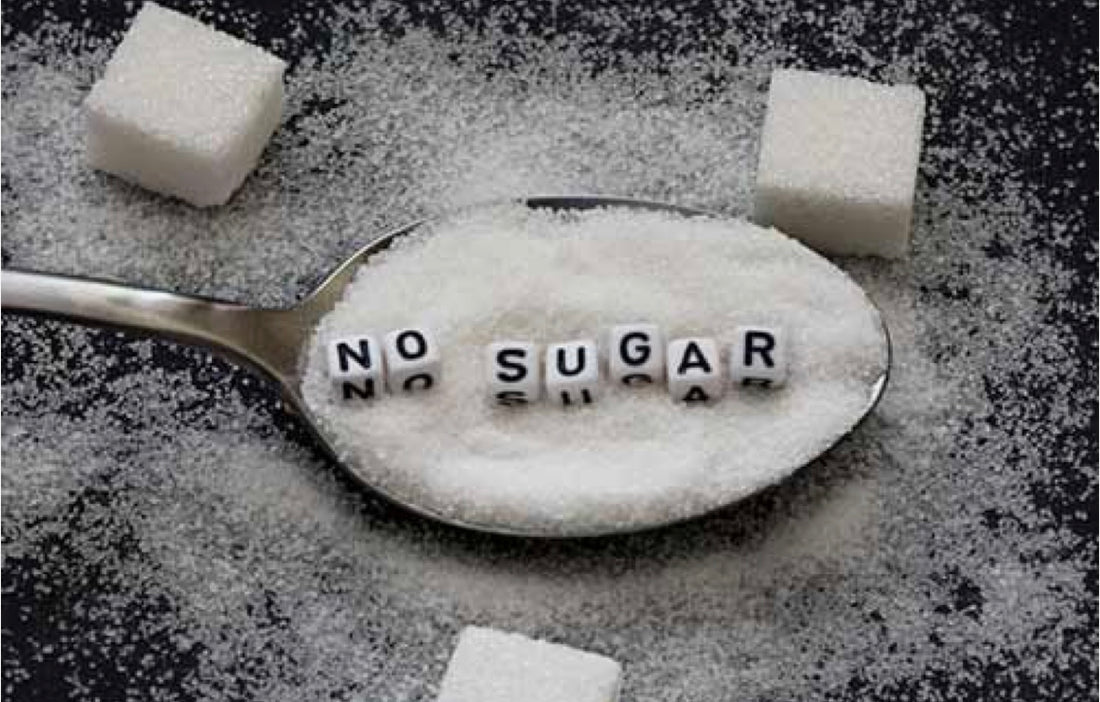The benefits and side effects of sweeteners and sugar alternatives are a contentious and highly debated topic and may differ depending on background and source.

From our experience working with a varied number of sweeteners and sugar alternatives including Xylitol, Maltitol, Erythritol, Stevia, Monk fruit and others, the choice of sweetener or sugar alternative is mostly determined by the behaviour of the product in application, for example coffee, tea, soft drinks, rusks, cookies, jams, food, cake, desserts, sweets, chocolate, etc. Factors like cost and availability of the product plays also a role.
Micronutrients

Why do we use Maltitol?
At ZuZanna’s Wellness we predominately use Maltitol granules (Sweet Pearl PS200) in our products:
- It has the similar (90%) sweetness level as sugar, which make recipe conversion smooth;
- It looks and behave like sugar, which makes it easy to work with, particularly trying to get a crunchy rusk or a sticky jam;
- The glycemic index is 35 versus that of sugar at 68;
- It is reasonably priced in comparison to other sweeteners;
- Although an imported product, it is reasonably available.
Xylitol, Erythritol, Stevia and others
The glycemic index for Xylitol is attractive (7), the high moist level, makes it challenging to get a crunchy and dunkable rusk or cookie. The sweetness level requires a higher quantity of product or blends to obtain the same sweetness level, that may increase the carbohydrate level.
The glycemic index of Erythritol is attractive at (0), however it recrystalizes after heating which makes it unsuitable for double-baking like rusks or double processing like jams and preserves. It's sweetness levels also requires additional product or blends for the same sweetness result than sugar.
Stevia is a sugar substitute made from the leaves of the Stevia rebaudiana plant of South America. Stevia is an intensively sweet and no-calorie sweeteners that can be used to lower one’s intake of added sugars while still providing satisfaction from enjoying the taste of something sweet. Stevia tends to have a bitter after taste and therefore works well as a blend combined with another sweetener, like Erythritol.
Maltitol belongs to the sugar-alcohol family, similar to Xylitol and Erythritol. Due to the poor absorption of the digestive system for sugar alcohol it may cause gastrointestinal disturbances with some individuals. Typically consumption of more than 10g of sugar alcohol a day may cause side effects such as gas, bloating, and diarrhea. This is unlikely to happen when eating a serving of rusk, biscuit, jam or condiments but more likely when consuming a soft drink, chocolate or sweets. The amount sugar alcohol absorbed in a single serving, combined with the individual's sensitivity may result in side effects.

At ZuZanna’s Wellness many of our customers suffer from a variety of autoimmune diseases, like diabetes, IBS, multiple sclerosis, cancer patients or generally people that want to lower their inflammation level through reducing their daily sugar and carbohydrate intake.
What makes our products special?
- Our rusks and biscotti are famous for their delicious homemade taste and crunchiness;
- Our Keto Rebel Rusks are superior in its class due to the taste dunkablility;
- Our Vegan Rusks are one of a kind, being sugar-free, gluten-free and vegan;
- Our jams and preserves contain 80% fruit, no preservatives, colourants or fruit juices, providing a delicious fruity product.
ZuZanna's Wellness range of products provides high quality products targeted at health conscious customers.

